25 March 2022
Euphrasia Mulenga from the Champions Trust: “WorldSkills Africa is tool to inspire youth about the power of skills”
We interview Euphrasia Mulenga, a WorldSkills Champions Trust Regional Representative for Africa, ahead of WorldSkills Africa Swakopmund 2022.
Euphrasia Mulenga is a WorldSkills Champions Trust Regional Representative for Africa. She competed in Aircraft Maintenance for Zambia at WorldSkills Abu Dhabi 2017. She will be travelling to Namibia to attend WorldSkills Africa Swakopmund 2022, to share her story with other youth and Competitors, and voice the needs of youth to policymakers and other stakeholders in the field of VET.
We talked to her before her trip about vocational training and education in Zambia and the region.
How can skill development help address Africa’s challenges?
It has to start with the people we are trying to prepare for industry. When you are trained and passionate about something, you try to find ways to make something work in order to succeed. We should also think more about what we can do with our skills to fill the gaps in society. This could help them identify a social challenge and understand how their skills could help them find a solution to the problem.
What is the perception of vocational training and education in Zambia?
From my experience, skills training or VET courses are taken mostly seen as a last resort. What I have noticed is that most people are interested in pursuing a career in fields such as teaching or medicine, as they believe that would help them get employment with the government. There is also a difference in the respect people get depending on their occupation.
What is the state of the VET system in Zambia and the region?
I strongly feel that the VET system and what the market is demanding is not moving at an equal pace, except for certain skills. There is a huge gap between institutions and industry. To put an example in my field, the system continues to produce aircraft maintenance engineers despite the job market being saturated. So people have to divert to other occupations for them to survive.
The other problem is that the syllabus in most of the VET courses has not been updated in a long time. For example, I finished my course in 2014 and it has not been updated yet. This makes it very difficult for new graduates to work in an industry where technology is evolving every day, they are still being taught ancient techniques.
What could be done to promote mobility and exchange between African countries?
There are several complications at the moment for anyone who wants to work in another country. For example, even if Mozambique requires doctors, there aren’t mechanisms in place to help doctors from other countries work there. They could be subject to a test to gauge the standard that you as the government would require. At the same time, the process of procuring visas also should be made easy because. I know of many who have lost professional opportunities in neighbouring African countries because of this. More cooperation between countries could help tackle this issue.
What are your expectations for WorldSkills Africa as a movement and a competition?
WorldSkills Africa, to me, is a tool that is going to inspire, encourage, and help a lot of youth to appreciate the power of skills, and will also show that no skill is greater than another.
I am just looking forward to Africa coming together in one place for the purpose of skills. Skills have no race or tribe, skills are skills. When we are talking about skills, we all speak one language. I believe the greatest opportunity for me in Swakopmund will be to meet the policymakers who can deliver the right information to the right people for us to really take up the flag of WorldSkills and run with it.
WorldSkills Africa Swakopmund 2022 takes place in Namibia from 28 March to 2 April 2022.
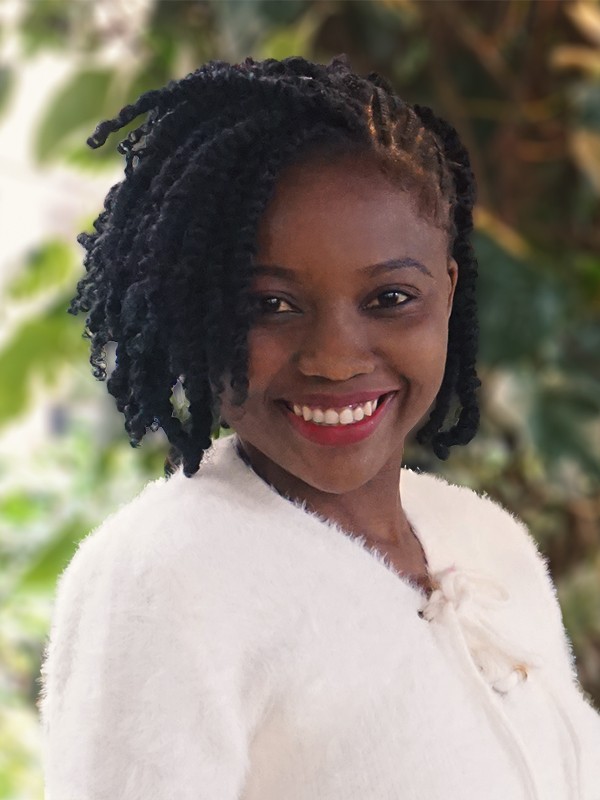
Related stories
-
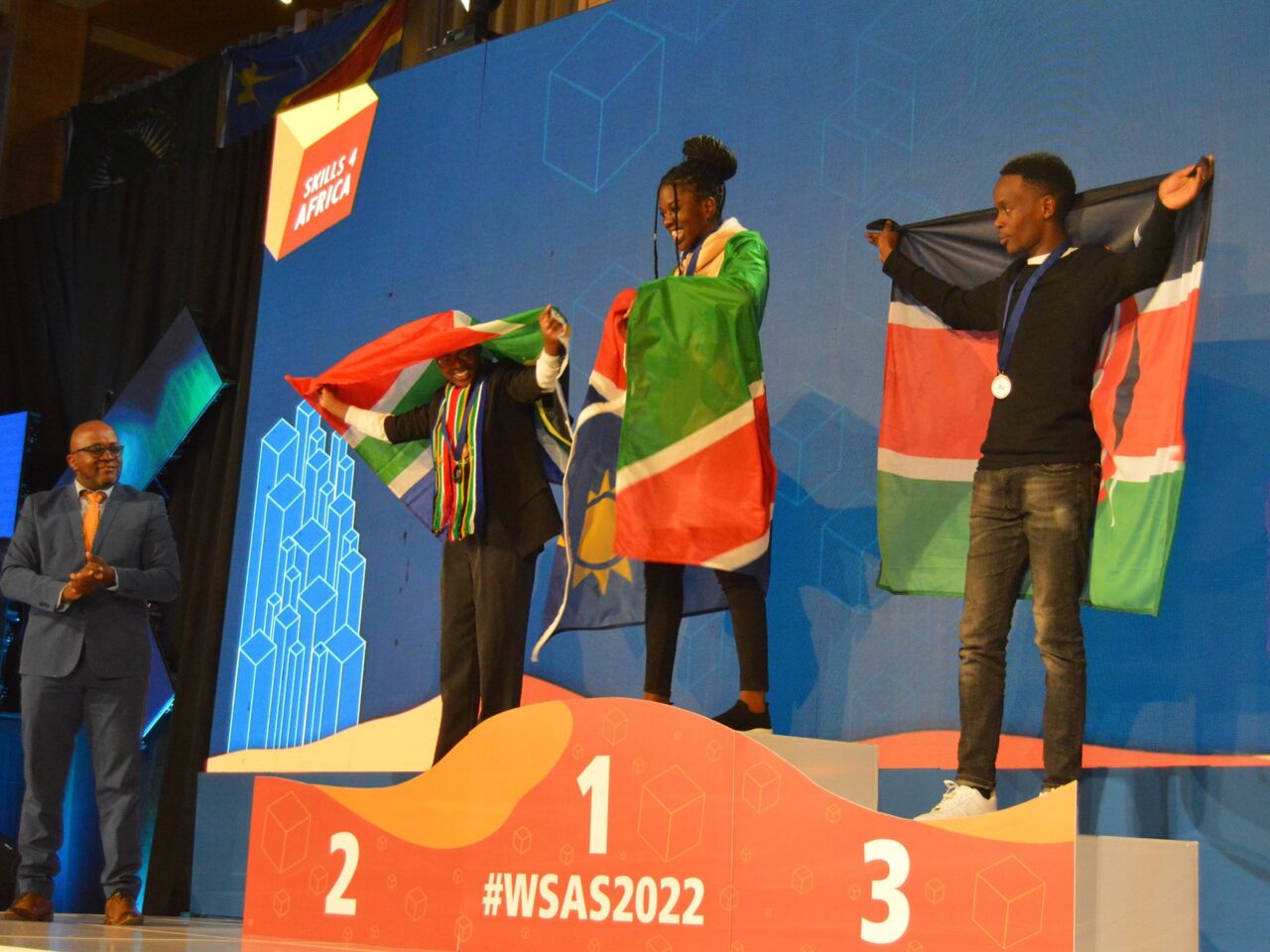
WorldSkills Africa Swakopmund 2022 concludes in Namibia
6 April 2022
-
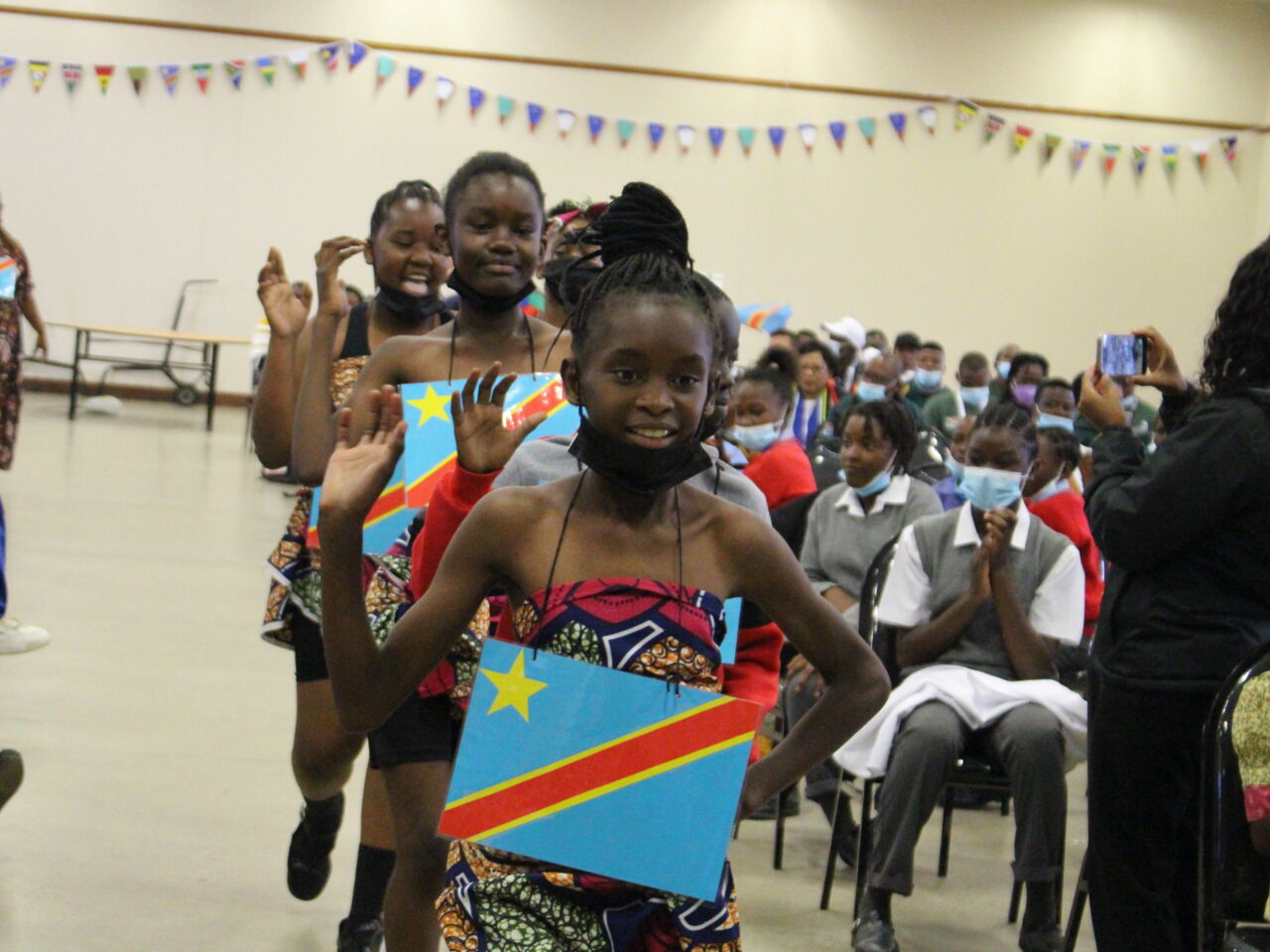
One School One Country brings WorldSkills Africa to Namibian students
30 March 2022
-
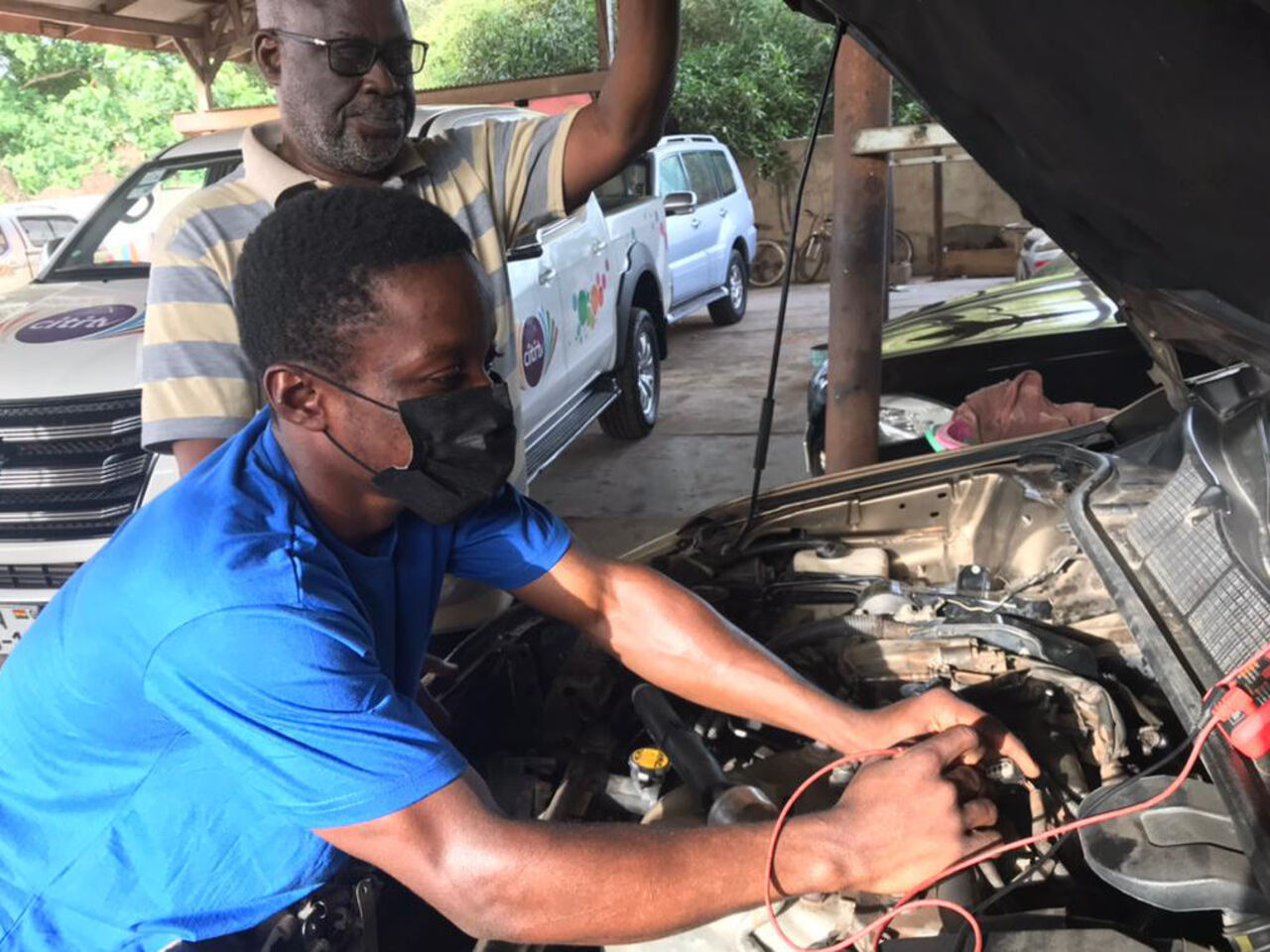
Competitors and Experts share their ambitions for WorldSkills Africa Swakopmund 2022
29 March 2022
-
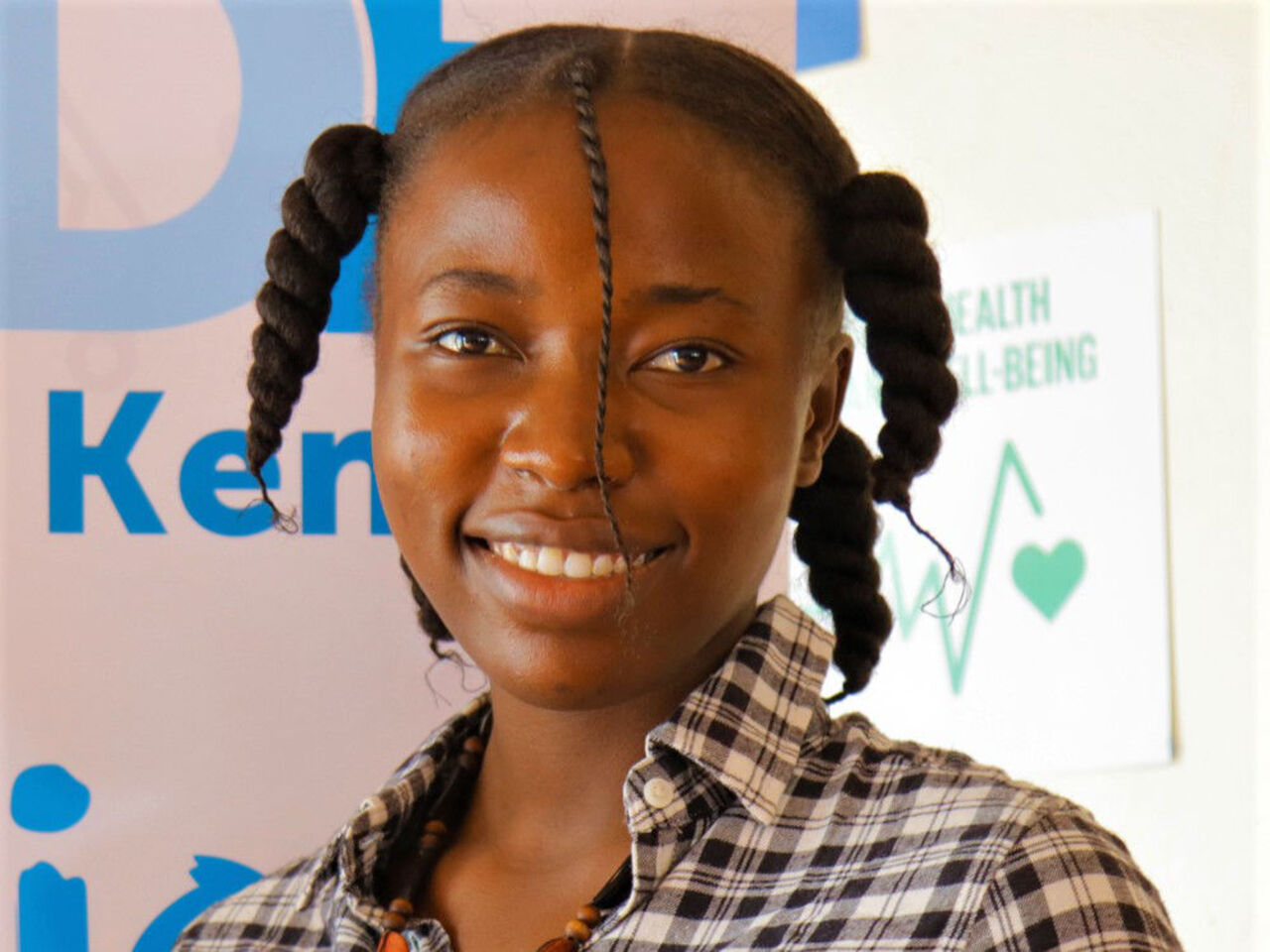
Team Refugees debuts at WorldSkills Africa Swakopmund 2022
28 March 2022